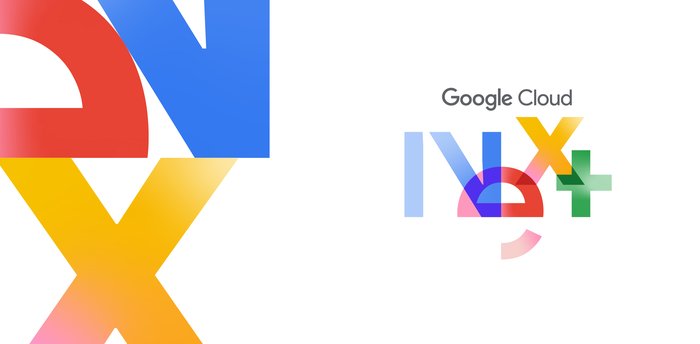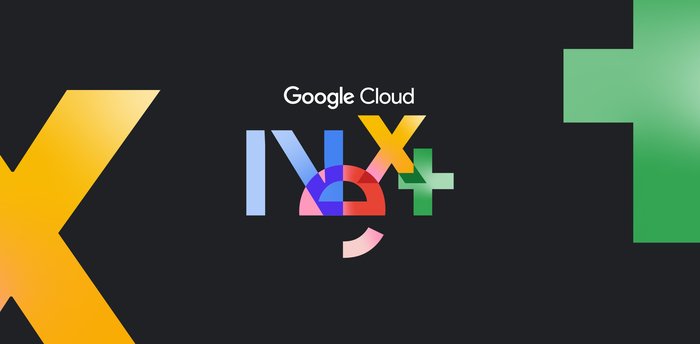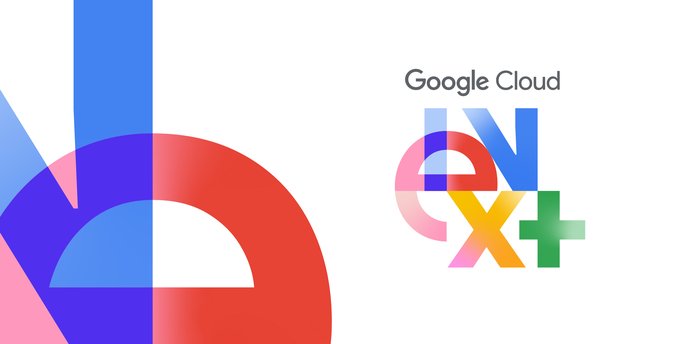Enterprise databases, managed for you

Dominic Preuss
Director of Product Management
Tobias Ternstrom
Product Management Lead, Databases, Google Cloud
Moving to the cloud doesn’t have to mean starting over. At Google Cloud, we’re committed to giving our customers choices in how you run your enterprise workloads. No matter where your users are and how much data you have, it should be easy and straightforward to manage, move and access that data when you need it.
Whether it’s transactional, operational or analytical, the data your business gathers and stores can create new opportunities. And when you’re running your workloads with managed database services, you can focus your attention on what that data can do for your business, not the underlying infrastructure.
We’re pleased to announce some new products and features to help you manage enterprise workloads in the ways you’re used to, and make your data work for you. These are in addition to our newly announced open-source partnerships to bring you the options you want.
Here’s what we’re announcing today:
- Cloud SQL for Microsoft SQL Server (sneak preview)
- CloudSQL for PostgreSQL, now with version 11 support
- Cloud Bigtable multi-region replication now available
Introducing Cloud SQL for Microsoft SQL Server
Microsoft SQL Server is ubiquitous for many enterprises, and later this year you’ll be able to bring your existing SQL Server workloads to GCP and run them in a fully managed database service. We’re making it easier for everything you use today on-prem to just work as expected when you move to the cloud. With this new option, you will be able to run fully managed SQL Server without worrying about VM operations or tedious tasks such as backups, replication, patches, and updates. Enterprise customers will be able to lift and shift existing SQL Server workloads without changing apps and use that data with a variety of services that GCP offers, like BigQuery for analytics, AI, and machine learning. Now, in addition to being able to deploy SQL Server on Google Compute Engine (bring your own license or buy licenses from Google), you’ll have the option to use fully managed SQL Server on GCP.
Cloud SQL for PostgreSQL now supports PostgreSQL version 11
Cloud SQL for PostgreSQL became one of the fastest-growing databases on GCP after it became generally available last year. We’ve heard you want the latest version, so we are pleased to announce PostgreSQL version 11 support, which includes useful new features like partitioning improvements, stored procedures, and more parallelism.
Bringing Cloud Bigtable multi-region replication to general availability
When you’re running workloads in the cloud, you want the flexibility to make your data available across a region or worldwide as demanded by your app. Cloud Bigtable is our NoSQL key-value and wide-column database service that can scale up to handle petabyte-size enterprise workloads. Generally available replication features in Cloud Bigtable now make it easy to globally distribute data, so you can:
- Serve global audiences with lower latency by bringing data that’s generated in any region, such as personalized recommendations, closer to the users wherever they are
- Aggregate data ingested from worldwide sources (such as IoT sensor data) to a single location for analytics and machine learning
- Increase the availability and durability of your data beyond the scope of a single region
- Isolate batch and serving workloads
Every cluster in a replicated instance accepts both reads and writes, providing multi-primary replication with eventual consistency. You can set up replication automatically by adding one or more Cloud Bigtable clusters, whether on the same continent or halfway around the world. Check out the overview for more information.
Managed cloud database services can make it easier for you to operate your business and focus on data, not infrastructure. Find more about GCP databases here.


